FCC votes 3-2 in favor of T-Mobile's acquisition of Sprint
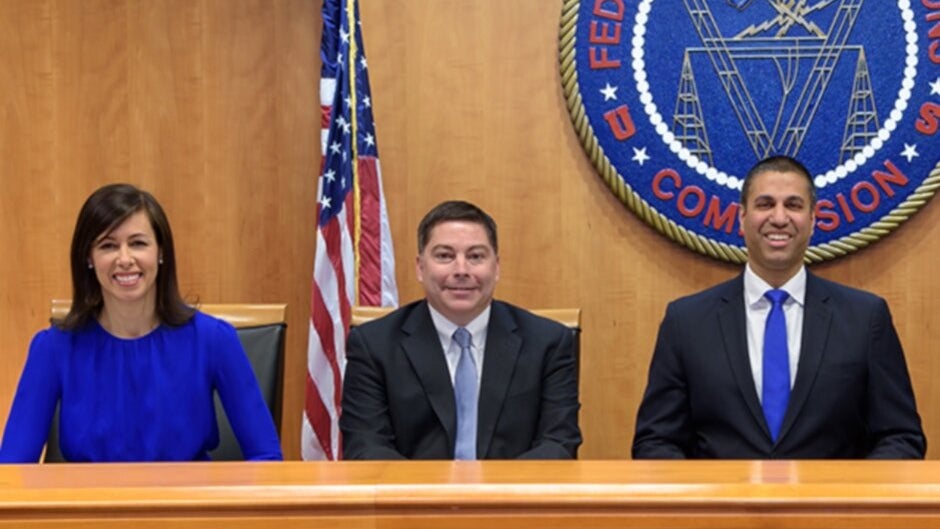
The FCC officially announced today that it has approved the $26.5 billion merger of T-Mobile and Sprint. Because of the promises that T-Mobile made earlier in the year when FCC approval of the deal was questionable, the five-member commission voted 3-2 along party lines to allow the merger to take place. The agency is made up of three Republicans and two Democrats. The Republicans were happy about the outcome with FCC chairman Ajit Pai, a Trump appointee, stating that "In particular, the transaction will help secure United States leadership in 5G, close the digital divide in rural America, and enhance competition in the broadband market."
The two Democrats released statements ripping the decision. "Shrinking the number of national providers from four to three will hurt consumers, harm competition, and eliminate thousands of jobs," stated Jessica Rosenworcel. The merger of T-Mobile and Sprint, she said, "will end a golden age in wireless." Fellow Democrat Geoffrey Starks said, "In the short term, this merger will result in the loss of potentially thousands of jobs. In the long term, it will establish a market of three giant wireless carriers with every incentive to divide up the market, increase prices, and compete only for the most lucrative customers."
As part of its agreement with the FCC, T-Mobile promised to cover 97% of Americans with 5G signals within three years after the deal closes, rising to 99% after six years. In three years, T-Mobile also promised to cover 85% of rural Americans with 5G signals rising to 90% within six years. At the same time, T-Mobile promised that within six years after merging with Sprint, 90% of Americans (67% of rural Americans) would be able to access signals with download data speeds of 100Mbps or higher. 99% of would be able to connect to signals offering download data speeds of 50Mbps or higher (90% of rural Americans). The merger approval from the FCC is conditioned on the merged T-Mobile-Sprint hitting these benchmarks as determined by drive tests. If the New T-Mobile fails to meet these goals, it could be forced to pay as much as $2 billion to the government. Payments would continue until the targets are met.
The DOJ agrees that Dish Network will replace Sprint as the nation's fourth major wireless provider
The FCC found that the merger, under the above conditions, will not hurt wireless competition in the U.S. and "would enhance competition in rural America and among quality-conscious consumers along with strengthening competition in the home broadband and enterprise markets. Moreover, the Commission found that the parties' divestiture of Boost Mobile, Sprint’s leading prepaid brand, would address the potential for reduced competition for price-conscious consumers in urban areas."
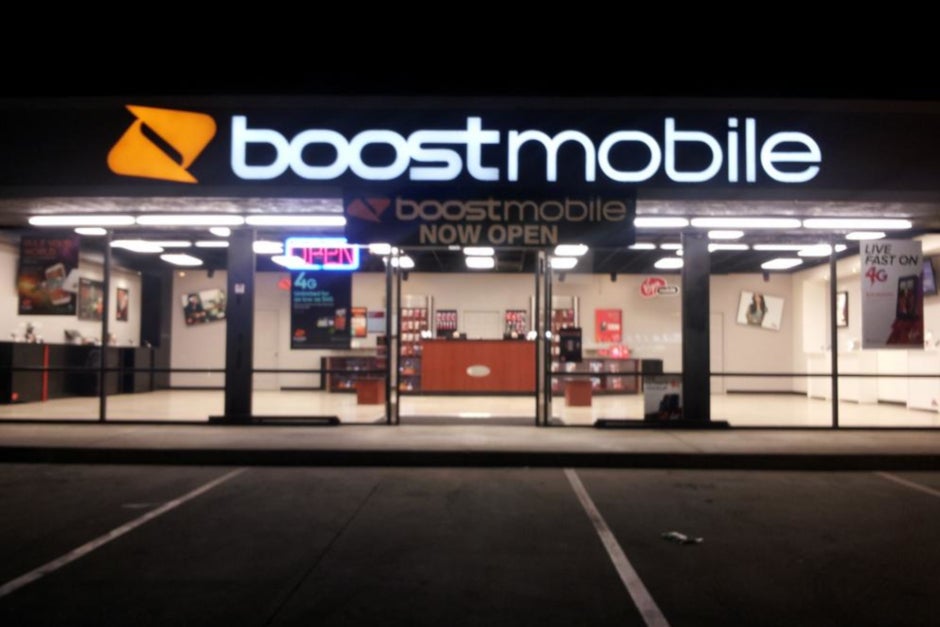
Once the T-Mobile-Sprint merger is closed, Dish Network will buy Boost Mobile, Virgin Mobile and other assets for $5 billion
Speaking of Boost Mobile, to get the merger past the Department of Justice (DOJ), Sprint agreed to sell all of its prepaid businesses including Boost and Virgin Mobile to Dish Network. The deal, which will close following the closing of the T-Mobile-Sprint merger, will make Dish the "fourth nationwide facilities-based network competitor" replacing Sprint. For $5 billion, Dish gets all of Sprint's prepaid businesses, 14MHz of the latter's 800MHz spectrum, 400 employees and 7,500 retail locations. Dish will then sign a seven-year MVNO deal with T-Mobile that will allow Dish Network to sell wireless service under its name as it builds out its standalone 5G network.

The merger with Sprint has always been about 5G for T-Mobile
The only thing that is holding back the deal at this point is the lawsuit filed by 15 state attorneys general and the attorney general of Washington D.C. that seeks to block the merger. A trial will start on December 9th and T-Mobile has said that it doesn't want to close on the merger until a decision has been reached.
Meanwhile, if you're wondering why T-Mobile wants to merge with a carrier that just lost 91,000 postpaid phone connections from July through September, it is all about Sprint's 2.5GHz mid-band spectrum. T-Mobile is looking to become the first U.S. wireless provider to offer nationwide 5G service and it plans on doing this by combining its 600MHz low-band spectrum with its ultra-high mmWave airwaves and the mid-band holdings that it would acquire from Sprint. Mid-band spectrum is hard to come by which makes the acquisition of Sprint so important to T-Mobile.
Follow us on Google News







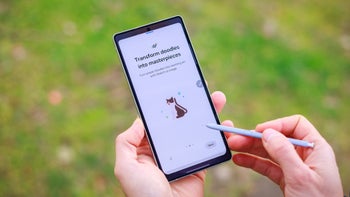
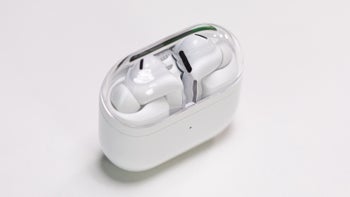

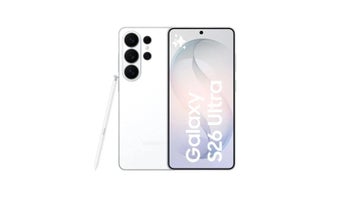
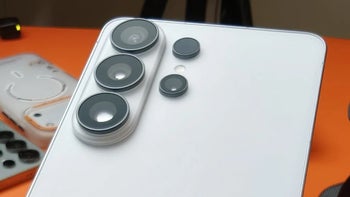
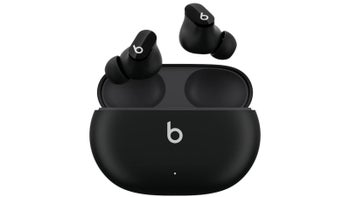
Things that are NOT allowed:
To help keep our community safe and free from spam, we apply temporary limits to newly created accounts: